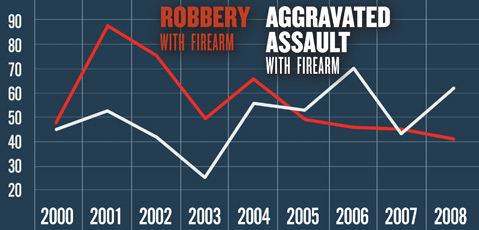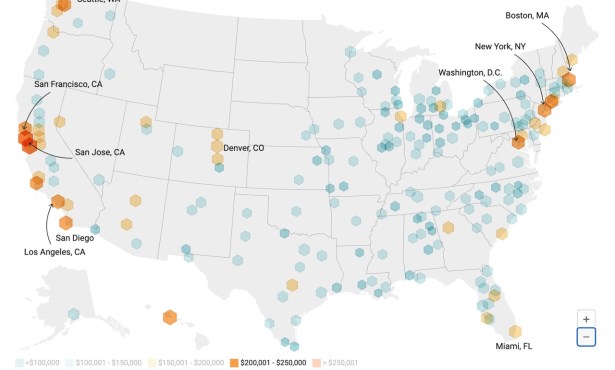Track Mental Illness to Prevent Shootings
Why Dealing with the Mentally Ill Is Key to Stopping Gun Violence

By state law, people who are put on a 5150 mental-health hold, which means that they are a danger to themselves or others and locked down usually for 72 hours in an institution, cannot own or purchase firearms for five years. Those who are deemed 5250 and treated for a longer period of time are banned by federal law from ever owning a weapon. And those who have been found either not guilty by reason of insanity or incompetent to stand trial are also banned from possessing guns. That said, most of the mass shootings in recent years have been carried out by people with mental illness, so identifying that and treating it effectively is a centerpiece of any gun-violence discussion.
“The key is to limit access to people who have severe mental disorders, and that has to be done in such a way that it doesn’t stigmatize people who are mentally ill,” said Sheriff Bill Brown. “We want people who are mentally ill to seek and obtain treatment that is a benefit to them and a benefit to the community.”
At the average pace of about once a month — although there have been three cases in the past three weeks — the District Attorney’s office is notified about people on the mental health prohibition list who request to have their guns returned before the five-year ban is up. Tasked with fighting those requests is Deputy D.A. Gary Gemberling, who does so by gathering their medical and law enforcement records and then letting a judge decide. “I oppose every petition based on the law,” said Gemberling, and judges tend to agree, though they do occasionally return guns to owners previously deemed mentally ill.
An example of that rationale could be a 60-year-old man with a clean record who suddenly starts talking about suicide after a wife leaves him or child dies, but eventually calms down and wants his guns before the five-year ban is up. But Gemberling is even cautious about endorsing returned guns at that point, explaining, “You have to be extremely careful in approaching these cases because no one can predict how someone is going to react the next time there is some disaster in their lives.”


